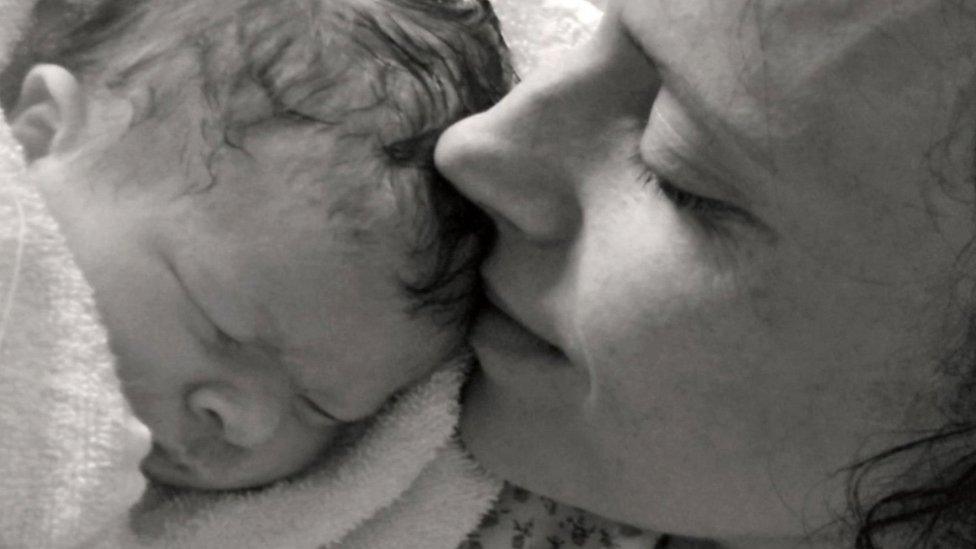Questions invited after Shrewsbury maternity scandal
- Published
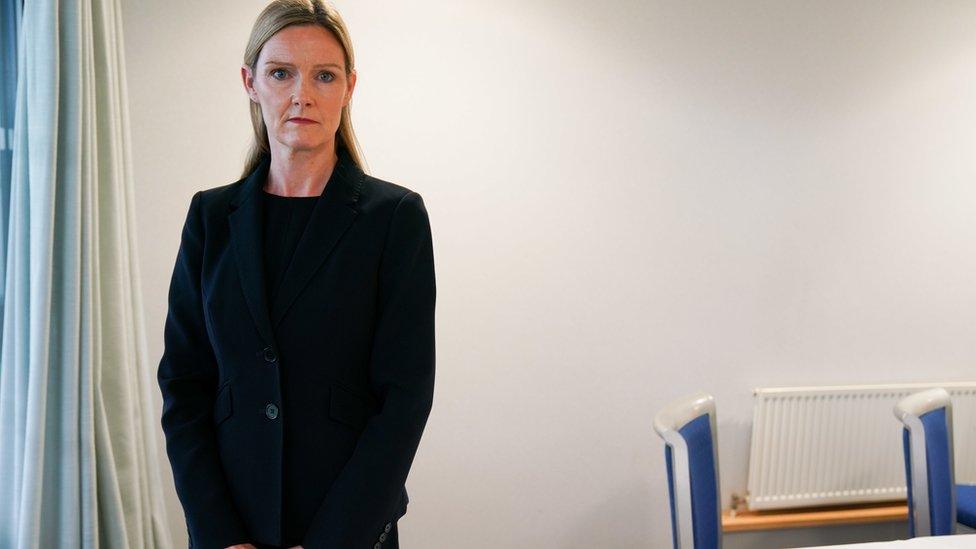
Louise Barnett said she fully recognised "words and apologies will never be enough"
A hospital trust is inviting members of the public to ask questions, following an inquiry into the UK's biggest maternity scandal.
Failures may have led to the deaths of more than 200 babies at The Shrewsbury and Telford Hospital NHS Trust, an inquiry found.
Questions could be submitted to meetings about the report which would be streamed, the trust said.
It has apologised for its "unacceptable and avoidable failings".
The inquiry, led by senior midwife Donna Ockenden, also heard there was a culture of bullying, anxiety and fear.
In an open letter to everyone served by the trust, chief executive Louise Barnett said she fully recognised "words and apologies will never be enough and what you now want to see is meaningful action and real change".
She stated she gave people her commitment that "we will build on the work we have done to date and urgently take action to make our maternity services as safe as possible for women and families".
Since an interim report was published in December 2020 the trust had made "significant progress" and it had recruited "more midwives and consultant obstetricians meaning we now have a senior doctor on our maternity wards 24 hours a day", she added.
The chief executive said the trust was live streaming meetings of its Ockenden Report Assurance Committee, which was chaired independently.
Questions could be submitted in advance and "we provide updates on the key pieces of work we are undertaking and the progress we are making", she stated.
The next meeting is on 21 June and a weblink will be published on the trust's website nearer the time.

The inquiry was established in 2017 by then Health Secretary Jeremy Hunt, and grew over the years to encompass an ever larger number of cases relating to deaths and serious injuries suffered by babies and mothers.
Over the last five years, evidence has emerged of a "toxic" atmosphere at the trust, while in 2018 regulator the Care Quality Commission identified a "culture of bullying and harassment" as well as "defensiveness".
The chief executive said the trust had invested "significantly in staff training, the leadership team overseeing our maternity services has been strengthened, and we have improved how we listen to, involve, and engage with women and families".
She added: "Staff too must be heard, and we encourage all our colleagues to speak up."
The chief executive said: "I want to say to everyone in the communities we serve, including the women and families who have experienced such devastating loss, just how sorry I am for our unacceptable and avoidable failings."

Follow BBC West Midlands on Facebook, external, Twitter, external and Instagram, external. Send your story ideas to: newsonline.westmidlands@bbc.co.uk, external
Related topics
- Published7 April 2022
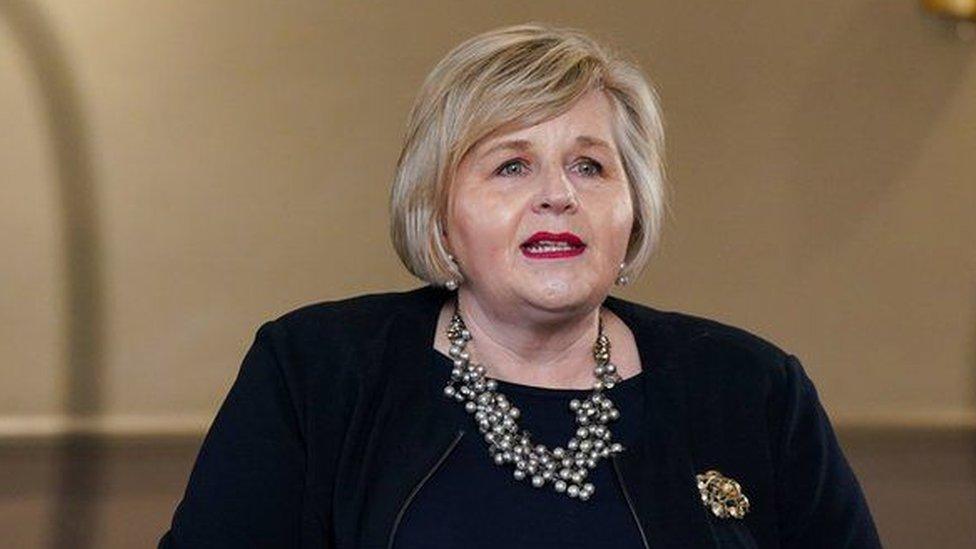
- Published6 April 2022
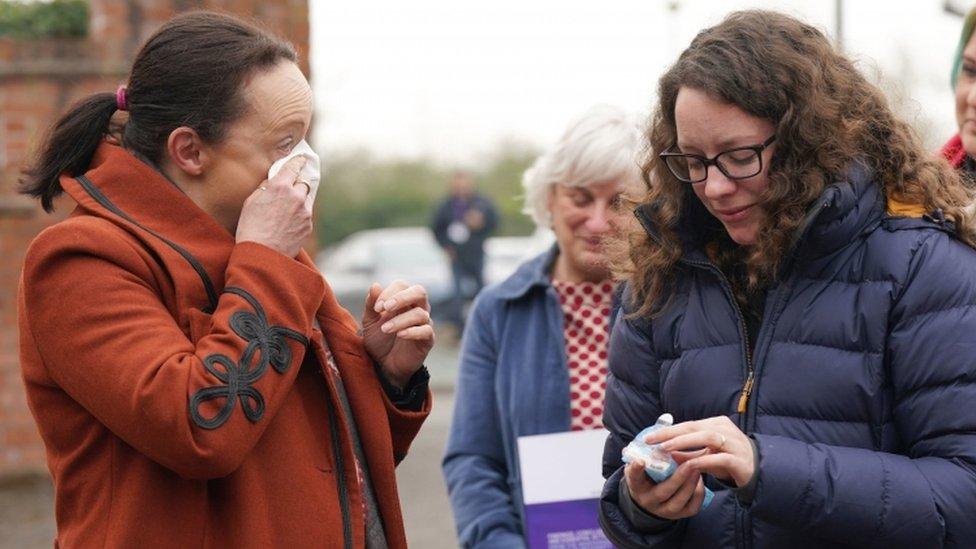
- Published3 April 2022
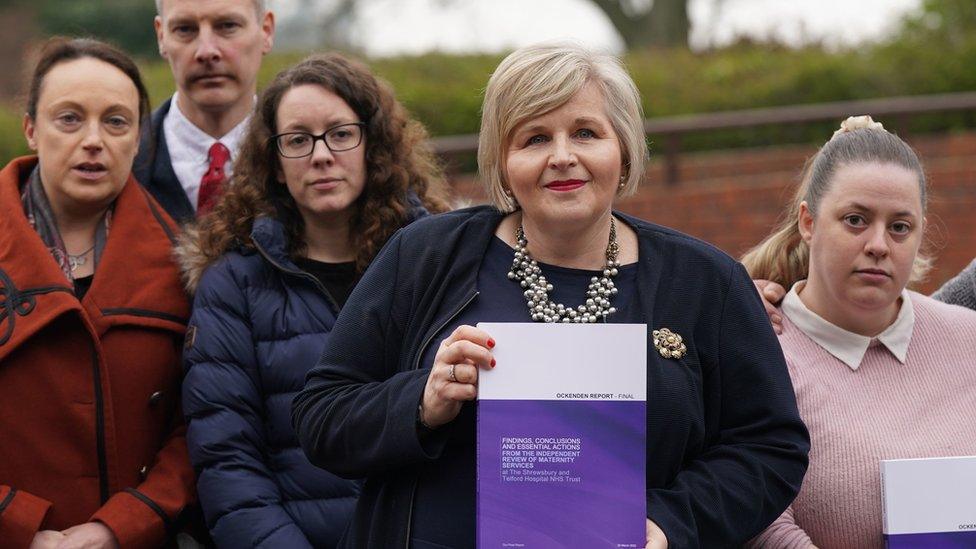
- Published1 April 2022
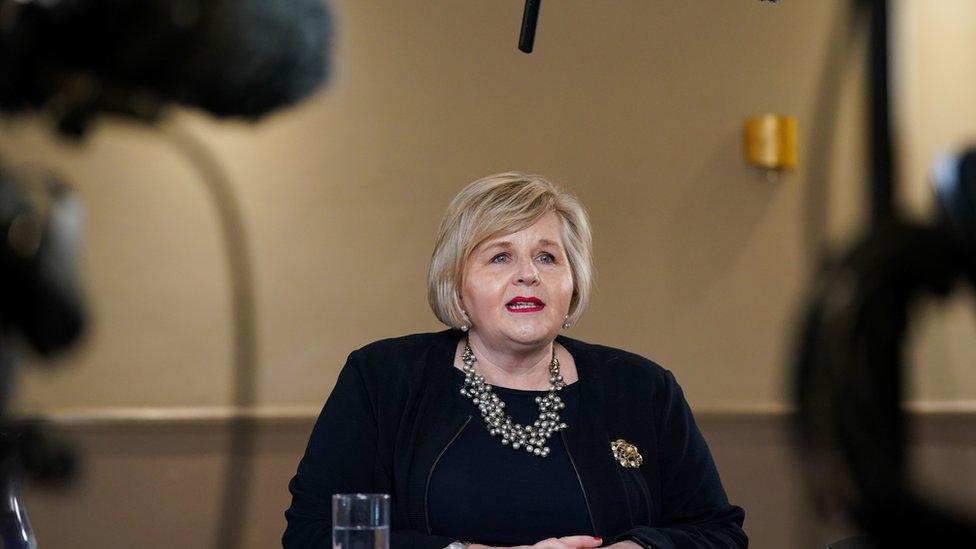
- Published30 March 2022
